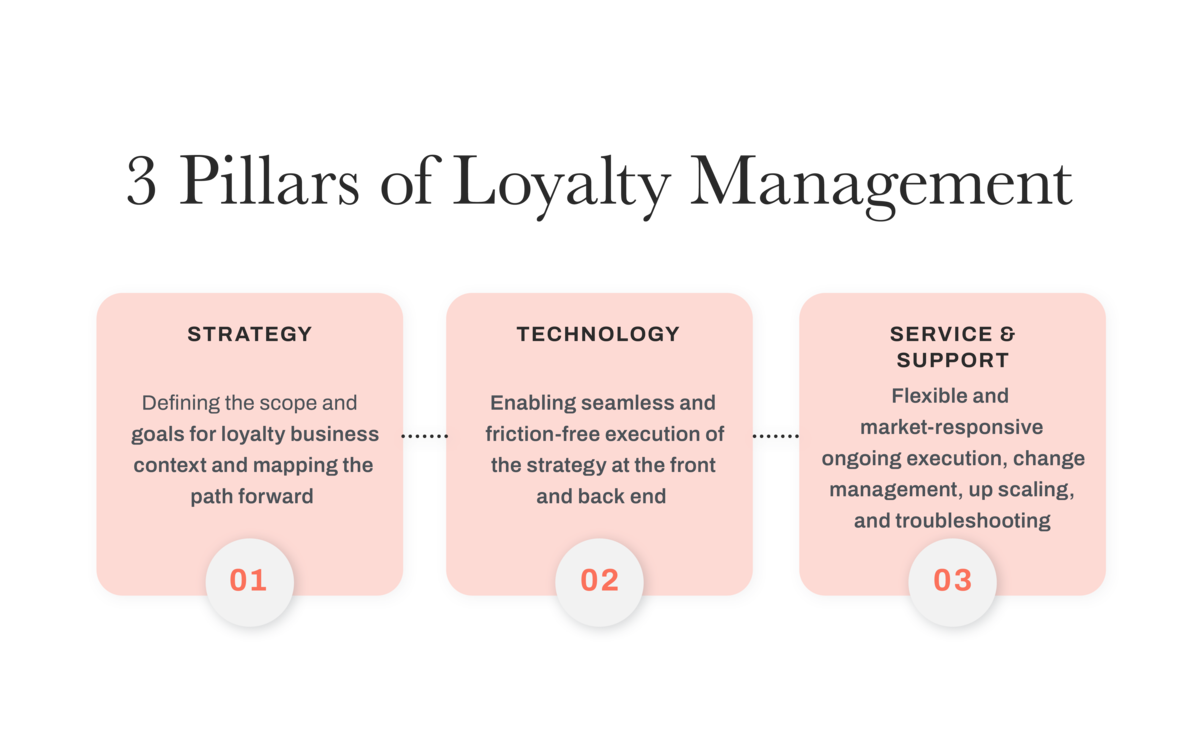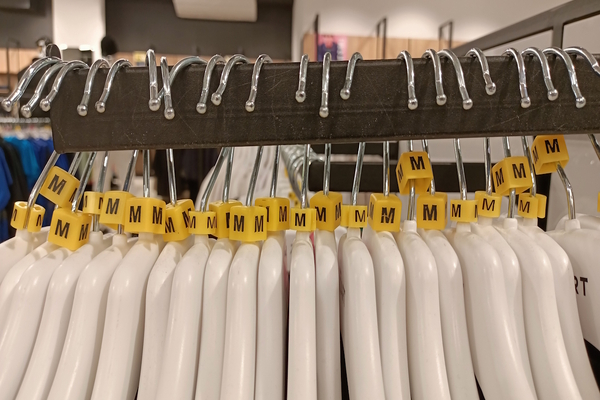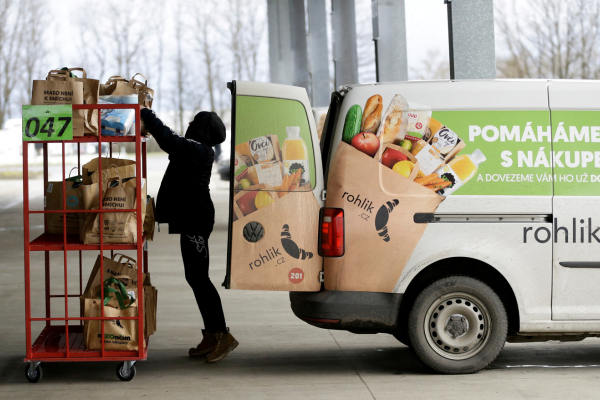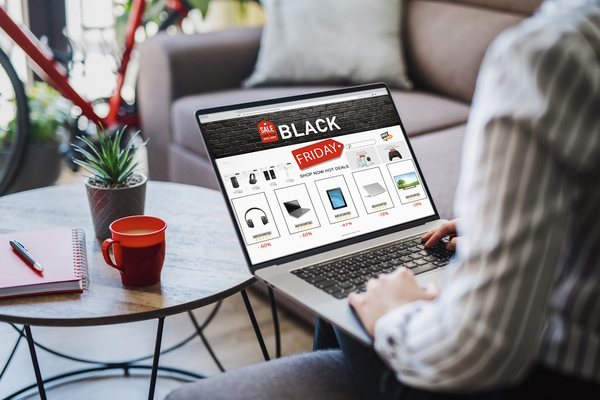Loyalty management priorities for 2024: are you ready?
Sponsored by MarigoldHow are enterprises responding to the customer’s changing notion of ‘loyalty’ and refocusing priorities for 2024?

The global loyalty management market is estimated to reach $8.74 billion in 2023, and is expected to hit $13.99 billion by 2028, growing at a compound annual growth rate (CAGR) of 10.16 per cent.
But this increase doesn’t represent “loyalty” as we know it.
Between drastic economic and social disruptions facing businesses, changes in consumer behaviour and expectations and rapid technological advancements, the notion of loyalty is transforming rapidly.
As a result, 2024 and beyond will see a very different loyalty management paradigm emerge for leading enterprises.
Loyalty is a revenue driver, not a cost-center, for the business
At the business level, the biggest shift is that loyalty has finally earned its place in the boardroom. Business leaders now readily acknowledge that loyalty management has a deep impact on three strategic boardroom priorities: customer data, customer retention and sustained revenues.
The Marigold 2023 Consumer Trends Index report shows that 67 per cent of consumers worldwide believe the loyalty initiatives of their favourite brand are important or critically important if they are to stay loyal. Only 7 per cent of consumers think it is not important. Further, 59 per cent are willing to pay more to shop with the brands they’re loyal to.
As a result, loyalty management is no longer a footnote to acquisition. It is a critical component to be factored into every aspect of the customer journey, from acquisition to retention and growth.
The key takeaway for business leaders is that customer loyalty is not an end in itself – it must tie back to improvements in customer retention, lifetime value, revenue and profitability KPIs.
Customers are co-creators, not passive recipients, of the loyalty agenda
But it’s not just businesses that are changing their loyalty mindsets. The notion of loyalty is also changing dramatically for customers. Brands can no longer set the loyalty agenda alone, pushing out traditional points-based programs that are more business-centric than customer-centric.
Customer expectations of brands have changed beyond recognition. At the core is this truth: for customers, loyalty is no longer about their loyalty to the brand, but the brand’s loyalty to them.
Gone are the days when customers would jump through hoops to demonstrate their loyalty to a brand just to win redemption rights 12 months down the line, or see their points expire at the end of the calendar year.
Today, customers want to be a part of the brand’s mission and even co-create experiences. 66 per cent of consumers say that their favourite brand influences their life beyond the products or services it provides. Their loyalty is inextricably connected to how deeply and emotionally a brand is able to engage them beyond transactional interactions linked to points or miles. A report from Marigold demonstrates, emotional loyalty is the key to competing in a market rife with “points fatigue”.
Customers are also far more receptive to new notions of loyalty, such as paid loyalty programs, charity and ESG-linked loyalty rewards, and deeper personalisation in exchange for data. Some brand loyalty programs don’t even require a financial transaction to earn a reward − it could be just for attending an event or engaging in specific activities.
That said, customers also want brands to offer a stronger value proposition than ever. This value could be in the form of more tangible rewards, faster time to redemption and more control over their benefits. Thanks to the challenging economic environment, there is more reliance on instant discounts, which is becoming a loyalty value proposition in itself.
Customers today seek both deep emotional loyalty as well as relevant value-propositions that bring concrete gains. The future of loyalty lies in designing around both emotional and value-based loyalty.
Technology and data are the backbone of modern loyalty management
Most brands today recognise that technology by itself is not a business driver but an enabler. That said, technology advancements are expanding what’s possible for loyalty management in unprecedented ways. Making the right investments in loyalty technology today is key for long-term scale, efficiency and success.
For example, we know that customers expect brands to deliver a complete and seamless experience, wherever they choose to engage. 86 per cent of consumers say their favourite brand provides a consistent experience, regardless of the channel.
The best technology cannot deliver that without smart data. First-party data is a prized business asset today, and in a post-cookie world loyalty programs are increasingly both the gateway to, and the gatekeepers of, that data.
The right combination of technology and data lets marketers create a virtuous cycle of insights, performance optimisation and stronger ROI to benefit not just loyalty but all brand marketing initiatives.
While that is a powerful competitive advantage, it can also be a liability if mismanaged. 78 per cent of European customers say that their favourite brands use data in a way that makes them feel comfortable.
While the wrong technology can quickly sink both profitability and performance, mishandled data can also impact brand credibility and invite regulatory action. Loyalty leaders must invest in data management and technology solutions that make loyalty programs simple, secure and scalable across digital, physical and mobile channels.
A new kind of loyalty needs a new approach to loyalty management
There’s no doubt loyalty management is one of the most strategic initiatives a company can undertake in 2024 and beyond. However, it is a modern, customer-centric version of loyalty led by emotional engagement and channel-agnostic execution.
Even as traditional and legacy loyalty programs reinvent themselves to better respond to customer preferences, new-age brands aim to garner loyalty with the right combination of value, emotional engagement and innovation.
The more diverse and complex the front-end of modern loyalty programs become – managing tiers, points, privileges, discounts, gamified experiences, paid subscriptions, coalition programs and more – the more simplified, consolidated and connected the back-end execution needs to be.
In fact, a 2022 study found that a single program structure to manage all interactions across multiple channels would be a key trend for loyalty-focused companies in 2023.
Achieving this requires several moving pieces – strategic, tactical, technical and analytical – to be connected and synchronised.

Creating and executing everything right in-house can be challenging, and often, not as efficient as one might assume. The right loyalty management partner – one that brings strategy, technology and service capabilities – can make all the difference in costs, scale and outcomes.
Unfortunately, not all loyalty management vendors operate at the same level of expertise, and, certainly, very few offer end-to-end loyalty management solutions with access to their own resources for strategy, technology, strategic services and user support.
If you are trying to figure out what kind of partner will best meet your unique context in the complex and often confusing loyalty vendor landscape, this guide from Marigold can be an invaluable tool to inform your efforts.
Not only does it list a comprehensive set of questions to ask internally and to potential vendors, but also features a “loyalty maturity index” to identify where you should focus your resources, efforts and investments for the best outcomes.
Find your ideal loyalty management partner with A Buyer’s Guide to Enterprise Loyalty Management: Connecting Strategy, Technology, and Services, created in association with Let’s Talk Loyalty.
Also, ace your path to creating emotional loyalty with Marigold’s unmissable report on Emotional Loyalty as a Revenue Driver.
Simon Jeffs, Principal Marketing Strategist, Marigold

Business Reporter Team
Related Articles
Most Viewed
Winston House, 3rd Floor, Units 306-309, 2-4 Dollis Park, London, N3 1HF
23-29 Hendon Lane, London, N3 1RT
020 8349 4363
© 2025, Lyonsdown Limited. Business Reporter® is a registered trademark of Lyonsdown Ltd. VAT registration number: 830519543





